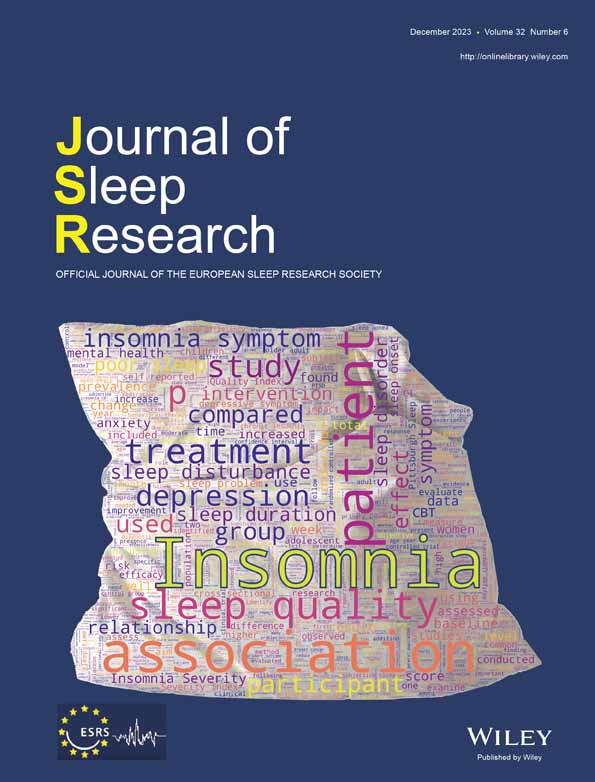
The Alzheimer’s Disease Data Initiative (ADDI) has launched its Alzheimer’s disease (AD) Workbench, a cloud-based platform for scientists to accelerate discoveries and innovations for AD and related dementias. ADDI is a new global effort that aims to advance AD innovation by connecting researchers with the data needed to generate insights and inform the development of improved treatments and diagnostic tools. ADDI was created by a coalition of partners to increase sharing of dementia-related data among researchers and provide new ways to experiment with the most trusted datasets.
We are pleased that the ADDI platform will be the host (via Aridhia) of the EPAD data.
For decades, scientists have made limited progress in Alzheimer’s research and therapeutics, even though Alzheimer’s disease is a leading cause of death around the world with care estimated to cost more than $1 trillion annually. Now more than ever, greater data sharing is needed to spark innovative discoveries in AD research. Advancement is possible—limited access to data should not be a barrier.
The idea for ADDI was initiated in 2018, after Bill Gates brought together a coalition of partners interested in improving AD and related dementias data sharing with the aim of moving innovation further and faster toward better treatments and diagnostic tools.
“The need for new and more effective treatments for Alzheimer’s disease has never been greater. A better understanding of the disease will help us detect and diagnose it earlier. It should be easier for people to find, enroll and stay in clinical trials, and we must accelerate the pace of discovery and innovation. Data can play a critical role in breakthroughs,” said Bill Gates. “Data is a tremendously powerful tool that can be better harnessed to understand and reduce the impact of AD. It’s what the AD Workbench is designed to do.”
The AD Workbench will facilitate interoperability across data platforms and enable researchers to work with multiple datasets. With a federated model of data sharing, the AD Workbench allows permissioned researchers to import their datasets, access, and transfer data from other platforms. It also allows them to work securely with anonymized datasets that are unable to be transferred due to data privacy, regulation and local laws. Within the platform, users have a personalized workspace where they can ensure quality control, harmonize data, and analyze data within the platform. Soon the AD Workbench will provide researchers and data scientists with the ability to share code and crowdsource ideas.
“There are no limits to the innovation that can arise from researchers working together with more data than ever before,” said ADDI Executive Director Tetsu Maruyama. “That’s what makes the Workbench so exciting – and it’s just the beginning. The Workbench will continue to evolve with input and data from the research community, allowing scientists to work with new tools and more data.”
The Workbench will increase access to many types of data that will both speed our basic understanding of AD and related dementias and progress toward new treatments by:
- Allowing scientists to combine data from multiple studies to strengthen understanding beyond what could be learned from a single study;
- Enabling researchers to revisit existing datasets with new analytical methods and technologies; and
- Accelerating future research by breaking down traditional research barriers.
“There is tremendous power in data sharing and the ability to harmonize data across multiple groups,” said Dr. Reisa Sperling, Director, Center for Alzheimer Research and Treatment, Brigham and Women’s Hospital. “The AD Workbench will make it easier to access and explore data in new ways and expand collaboration opportunities.”
ADDI will foster an environment that supports and facilitates researchers’ abilities to share data by providing resources. In addition to the AD Workbench, ADDI has collated existing tools and created new tools that will help researchers navigate regulatory frameworks and policies that are often barriers to data sharing. ADDI will also provide grants to fund researchers and organizations that seek to expand data access and sharing using the AD Workbench. Increasing access to the best and most trusted datasets is one of the most effective ways to accelerate progress toward more effective treatments, and the diagnostics that can help physicians and people with dementia. Together, these breakthroughs will drastically reduce the impact of AD on patients, their families, and the healthcare system.
For more information please visit: www.Alzheimersdata.org







